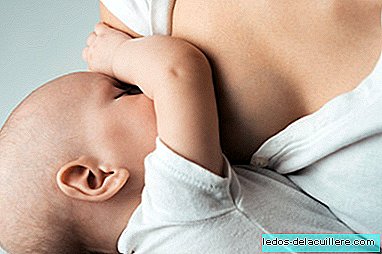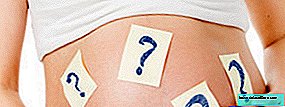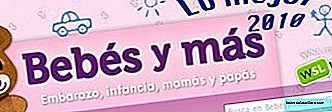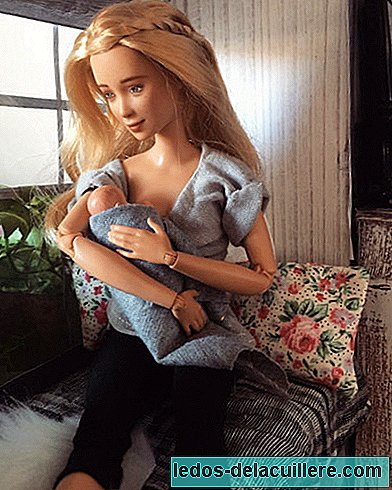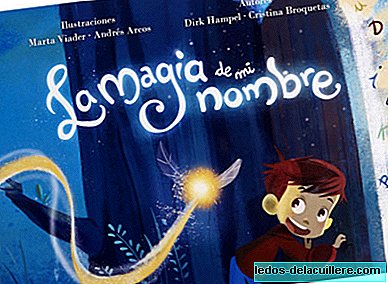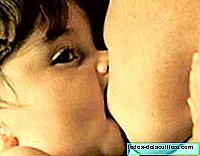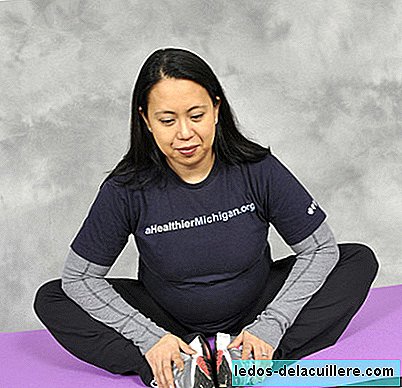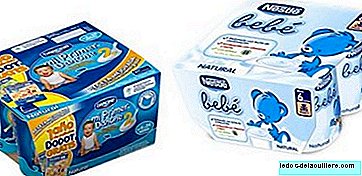
Over a year ago we talked about baby yogurts and explained why they were not recommended for them. Since we published that entry the manufacturers have been modifying the components and concentrations of their yogurts and have added the number "2" to the package to show that, now they are made with continuation milk.
Another of the modifications made is the lower amount of sugar present in them, making all of them better foods for children. However, all these changes do not seem to be enough because the OCU (United Consumer Organization) has analyzed the yogurts of the main brands that make them and the verdict has been literally: "Yogurts for babies: better not."
There are some variations in the recommendations depending on who issues them, as ESPGHAN for example comments that from 9 months onwards, small amounts of milk, yogurts, fresh cheese or cottage cheese could be offered. However, baby yogurts are indicated for children over six months and then we will see why they are not recommended.
If the baby drinks breast milk they are not recommended because it is a dairy derivative
Before entering to talk about yogurts and their compositions it is necessary to explain that When a baby drinks breast milk, the recommendation is not to take any milk derivatives (Children's yogurts, cheese, cow's milk, formula milk, etc.) until the year of life (nine months according to ESPGHAN), because human milk is being set aside to make room for cow's milk, and this makes no sense. Before giving cow's milk it is better to eat other foods that are not dairy to give more variety to your diet.
My first danone
As the label says My first danone, this yogurt for babies, in its natural version, is made with 80% continuation milk, with the remaining 20% being corn starch, maltodextrin, sugar and thickeners (guar gum and xanthan gum).
According to the analysis of the OCU, you cannot consider Mi first Danone yogurt as a product made 100% with continuation milk (indicate that it is 80%), although the label reads “My first Danone with continuation milk 2". It is not a lie, because it is a product that contains continuation milk, but it is a message that leads to error, since it is understood that it is only prepared with fermented continuation milk when the reality is different.
They have observed that Now the protein content is lower (equivalent to the maximum that the law allows for continuation milk), and that the calcium and ferment content is correct, but still providing too many calories because of its sucrose content, being poor in lactose and fat. In addition sugar has been added (I repeat that it is my first natural Danone), which in addition to not contributing anything to the diet of babies, increases the caloric content of it and the risk of decay.
Nestle Baby
In these yogurts you do not even talk about continuation milk, since in the absence of this term they have used the phrase “made with baby milk”, not contemplated in current regulations (I do not understand how a product that does not meet labeling standards can see the light).
According to the analysis carried out at the OCU, it is not possible to consider a yogurt made 100% with continuation milk, because in reality It is nothing more than cow's milk to which sugar, vegetable oils and rice starch have been added.
At the nutritional level it is observed that it has an even higher energy content than the Danone product, with a higher concentration of proteins, fats and carbohydrates. Although the calcium and ferment intake is adequate, the fat concentration is still low.
Likewise, The presence of sugar is considered inadequate for the same reasons it was with my First Danone.
In conclusion: they are not suitable for babies
The conclusion that is drawn is similar to the one we offered in the previous post: Neither product meets the requirements of a continuation preparation and both have an excessive sucrose and sugar content, despite being the "natural" versions of them.
In addition, the price is high compared to normal natural yogurts, much more recommended and that can begin to occur from 9-12 months (I keep the figure of the year, to prevent babies from taking many proteins before that the kidneys are more mature).


